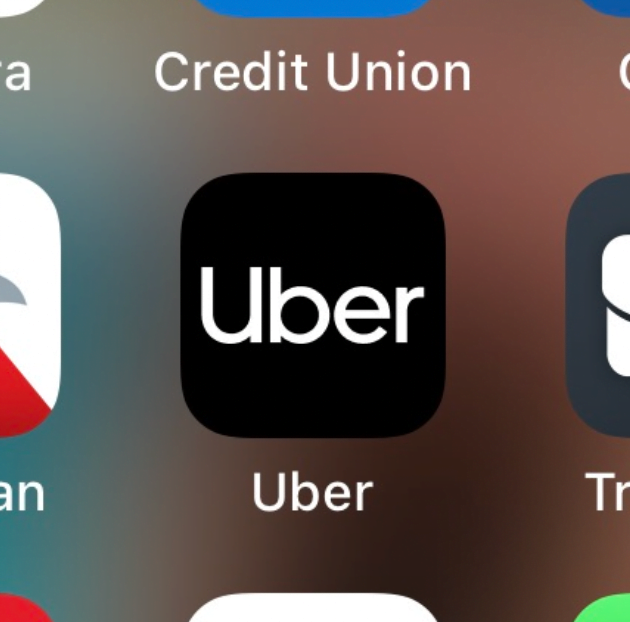In 2017, Uber ousted co-founder Travis Kalanick and hired Dara Khosrowshahi from Expedia to lead the company.
Kalanick’s ethics had been questionable. The list of allegations is long, including sexual harassment, corporate espionage, even promoting violence. The culture had become rotten.
Khosrowshahi was the change. He didn’t hide from the things that happened before his tenure. He set the example of how the company should think and behave going forward. When he learned of a covered-up data breach the year before his arrival, he demanded that the company expose and correct it. He personally announced the breach.
“It’s my job to set our course for the future, which begins with building a company that every Uber employee, partner and customer can be proud of,” he said. “For that to happen, we have to be honest and transparent as we work to repair our past mistakes.”
This was a massive change—grounded in action, not just words—and everyone in the business saw it.
Today—despite some recent news coverage that dredged up actions from before 2017—Uber is a very different company, with a new leadership team, an emphasis on safety, corporate governance, controls and compliance. Some 90 percent of current employees joined after the change in management. And Uber is finally getting close to meeting crucial business goals.
So what’s to learn from Uber’s changes?
- Like fish, organizations rot from the head down. Leaders’ beliefs (and the actions that follow) determine an organization’s sustained success. Uber was successful early despite Kalanick’s shenanigans, but it led to a rotten culture that couldn’t sustain the company.
- Organizations can rise from the top down, too. While our people are a huge competitive determinant, the culture they participate in is set by those above them. We need to look at ourselves first—before middle management or front-line workers—if a change is going to be successful.
- We show our true selves—our beliefs—and set the tone for our organizations during a crisis, such as a covered-up security breach. Our people are watching closely.
- It’s in what we do, more than in what we say. Khosrowshahi could have just said “we want a different company,” but by DOING “we want a different company,” people came to share his beliefs.
- Sometimes if leaders can’t change themselves, they can’t change their organizations, so their organizations must bring in someone new. Although my usual focus is on leaders who themselves changed to right the ship, some leaders simply can’t make the turn. Don’t be one of them!
As a high-profile company, Uber will continue to be in the news, for better or worse. Had it not brought in a leader with strong beliefs followed up by actions—had it not changed its management—it might instead be out of business.
Let me know what you think. I look forward to being in touch.
Al

